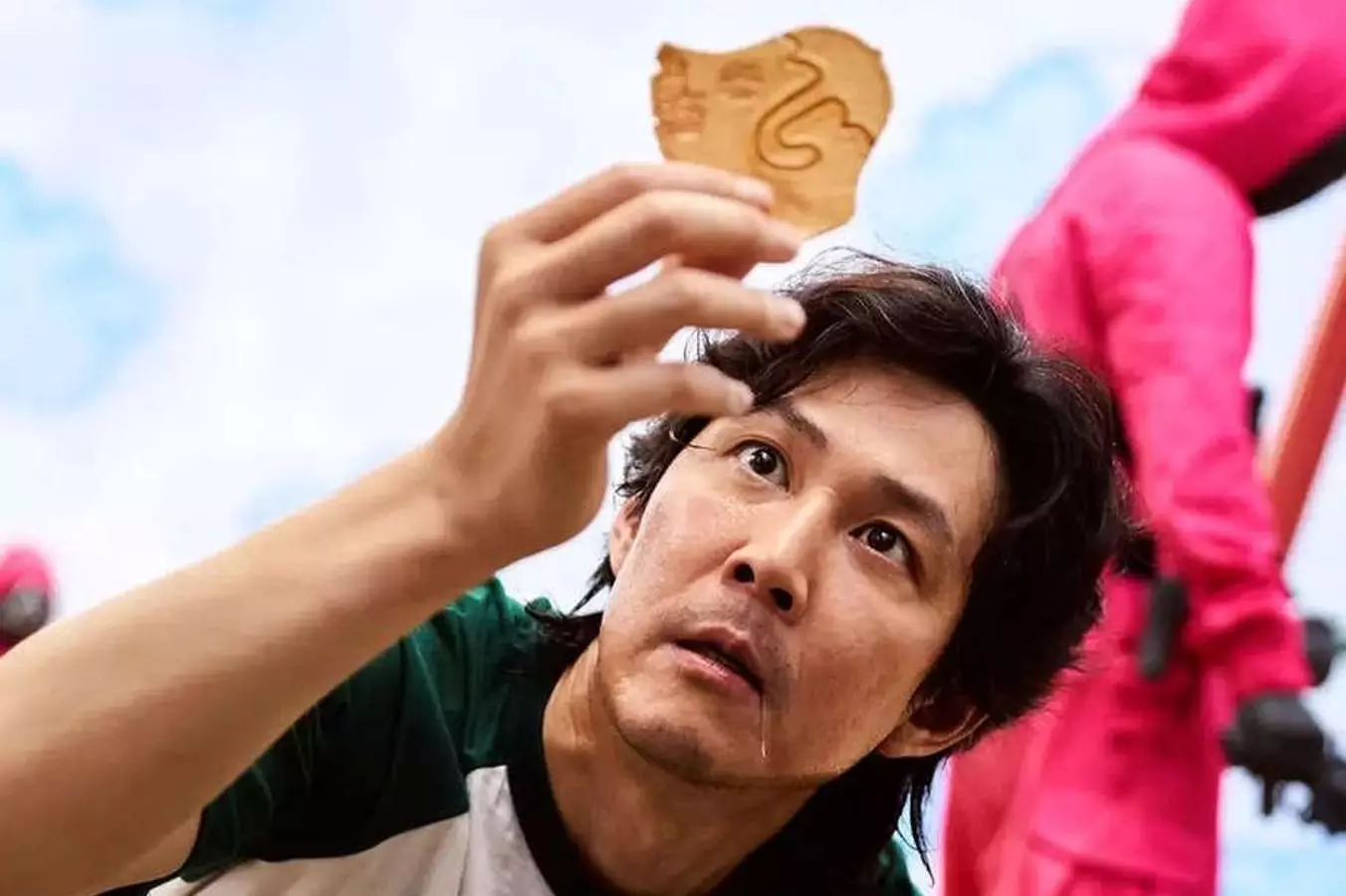In the thrilling landscape of Netflix’s “Squid Game,” where survival hinges on life-or-death choices often disguised as childhood games, one peculiar element shines brightly: the simple yet intricate task of carving shapes from a piece of dalgona candy. However, the impact of this sugary treat extends far beyond the confines of a dark, high-stakes game. It serves as a culturally rich artifact, encapsulating the nostalgia and ingenuity of South Korean street food. In the wake of the show’s monumental success, dalgona has transformed from a nostalgic memory for many Koreans into a global phenomenon—drawing in viewers and food enthusiasts from around the world.
The Cultural Significance of Dalgona
Originally a popular treat sold by street vendors in South Korea during the 1970s and 80s, dalgona candy has always been intertwined with childhood memories. Street vendors, often found near schools, would entice children with the caramelized delight, forming playful designs with stamps. For many, the experience of attempting to eat the cookie shape without breaking it was both a delightful challenge and a right of passage, hinting at the resilience and innovation of traditional South Korean food culture.
In a fast-paced world, certain culinary traditions endure because they encapsulate the essence of shared childhood experiences. Dalgona, with its simple ingredients of sugar and baking soda, reflects an organic simplicity that resonates across generations. This treat, however, was mostly forgotten, at least until “Squid Game” showcased it as part of a survival challenge that danced precariously between nostalgia and terror.
The advent of “Squid Game” revived the dalgona candy in modern consciousness. The intense scene where contestants meticulously carved their pieces captured audience attention and led to widespread interest — not just in the show, but also in taming this tricky confection. Today, social media platforms like TikTok and Instagram are filled with videos of fans recreating the process, eagerly attempting to emulate the precision seen on-screen, resulting in several humorous failures and countless successes. This unexpected spotlight has evolved dalgona-making into a contemporary trend, bridging culinary exploration and entertainment.
People beyond South Korea are now engaging in the art of dalgona-making in their homes, often sharing their results with family, friends, and followers. Various content creators—like Sue from My Korean Kitchen—have stepped in to provide helpful tips for the curious home chefs. Her guidance on managing the delicate balance of heat and timing reflects the essence of the craft, emphasizing that proper technique is crucial for achieving the desired outcome. In a world increasingly driven by social media trends, these individuals contribute to the ongoing narrative of dalgona, helping to preserve the integrity of this traditional delicacy.
The charm of the dalgona scene in “Squid Game” is not purely a product of chance; it was the result of extensive planning and creative thought. Writer-director Hwang Dong Hyuk brought personal familiarity with the craft to the production, sharing anecdotes about his own childhood experiences involving dalgona. He candidly remarked on honing his technique of licking the candy to manipulate its fragile structure just right—as a nod to the game’s high stakes.
To ensure authenticity during filming, the production team employed a dalgona expert who carefully crafted fresh candy pieces for each take. This meticulous attention to detail lent a layer of credibility to the execution of the scene, further grounding it in reality. Hwang’s blend of personal memory and cinematic storytelling not only created a memorable moment but also sparked a renewed interest in this heritage food.
Dalgona transcends mere taste; it is a cultural vessel carrying the weight of tradition and collective memory. As its popularity surged globally, the candy became a symbol of how food intersects with memory, identity, and community. From being a cherished street snack in South Korea to a viral trend on international social media, dalgona represents the power of food to transcend borders and forge connections among diverse cultures.
This unique journey exemplifies how culinary traditions can flourish with the help of modern media, reminding us that something as simple as sugar and baking soda can carry profound cultural significance. Whether participating in the “Squid Game candy” challenge or simply enjoying the process of making dalgona, individuals around the world are connected through this delightful treat. The story of dalgona candy reflects not only a revival of interest in traditional foods but also an enduring curiosity about the ways in which culture continues to evolve and thrive across generations and geographies.


Leave a Reply